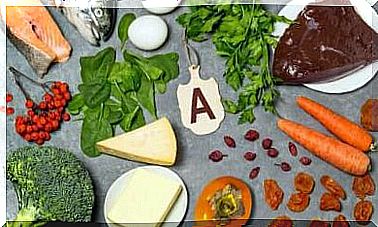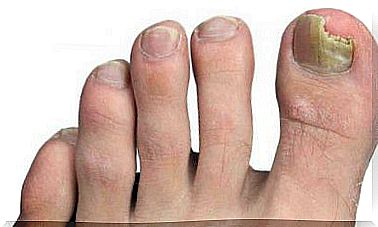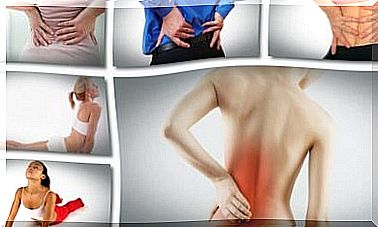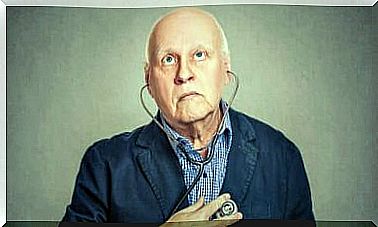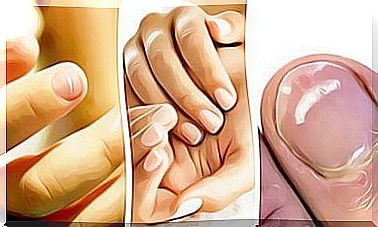Hypercholesterolemia: Why Is It A Health Hazard And How To Reduce The Risk?
In addition to problems with the liver and other systems, having high cholesterol can be a predisposing factor when it comes to cardiovascular complications and coronary heart disease.
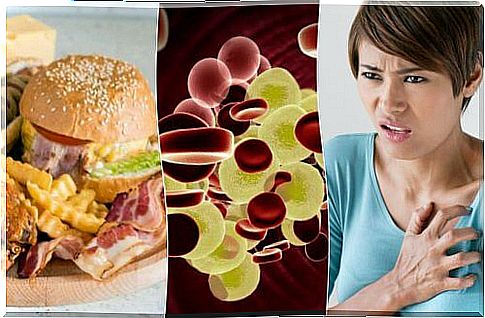
Cholesterol is a lipid substance found in all cells of the body. When it is present in too large amounts, it is called hypercholesterolemia.
It is known for the harmful effects it produces on health, but the truth is that, to some extent, it is essential for the proper functioning of the main body systems.
The liver is responsible for natural secretion, and when synthesized, it participates in the formation of bile acids, hormone production and cardiovascular work.
However, since it is also absorbed through the consumption of certain foods, it can become a potential enemy and lead to serious consequences.
This is because it is retained in the artery walls, forming a thick layer that can cause circulation and pressure problems.
In addition, it increases the risk of suffering from serious cardiovascular disease and, when left unchecked, reduces the quality of life.
For this reason, it is essential to know in detail why it is so dangerous, how it usually manifests itself and what measures to take to reduce the risk of its occurrence.
Find out more!
Having High Cholesterol: What Does It Mean More Exactly?
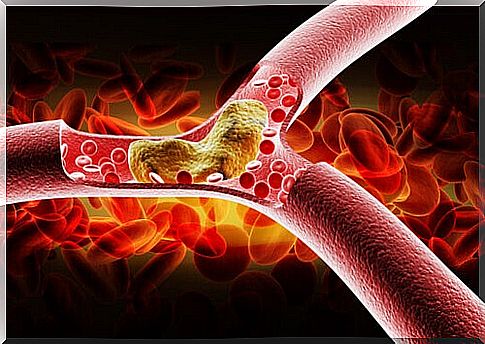
Cholesterol, also known as lipoproteins, is generally classified into three categories:
- High density lipoprotein (HDL), also called “good” cholesterol
- Low density lipoproteins (LDL), also called “bad” cholesterol
- Total cholesterol: all cholesterols combined
The function of good cholesterol is to clean the arteries, which decreases the presence of bad cholesterol.
However, it is generally weak and often there is not enough to do the job.
A person has high cholesterol or too much cholesterol when, when measuring their levels, the total exceeds 200 mg / dl.
We also speak of a positive diagnosis if the LDL is greater than 130 mg / dl or if the HDL is less than 35 mg / dl in men and 40 mg / dl in women.
Having it indicates that if left unchecked, there is a high risk of developing health problems, not only in the heart, but also in the brain and liver.
What are the symptoms of high cholesterol?
One of the main problems with high cholesterol is that it usually does not manifest itself with strong symptoms in its early stages.
This situation, which makes detection difficult, is the reason why it is also known as the “silent killer”.
However, as the problem progresses, there are warning signs to suspect its presence, becoming a reason for medical consultation.
The most common are:
- Inflammation of the joints
- Bad breath
- Feeling of heaviness or indigestion
- Restlessness when performing movements
- Constipation
- Dizziness
- Chest pain
- Headache
- Blurry vision
- Food intolerance
- Urticaria and skin allergies
- Weakness and fatigue
It should be noted that the symptoms mentioned may also indicate other diseases which sometimes have nothing to do with the latter.
Despite this, it is essential to treat them and control it with medical help, as they can be decisive in getting a quick diagnosis.
What Are the Dangers of High Cholesterol?

Having high cholesterol and not doing anything to control it can have serious health consequences and even death.
Some of these risks are:
- Arteriosclerosis: caused by blockage of the arteries due to cholesterol plaques
- Stroke: consequence of the lack of blood supply to the brain
- Angina pectoris: produced by insufficient blood supply to part of the heart
- Coronary heart disease: derived from arterial obstruction, it can end in a heart attack
- Liver problems and biliary difficulties
- Diabetes
- Overweight
How to reduce high cholesterol levels?
Currently, there are medications that can help reduce the buildup of cholesterol in the arteries.
However, the main treatment is to improve one’s lifestyle.
Foods to Avoid
For their saturated fat and cholesterol content, there are a wide variety of foods that should be limited in consumption.
The main ones are:
- Red meats and sausages
- Animal butter
- Industrial bakery and pastry products
- Vegetable oils such as palm and soybean
- Table salt and savory snacks
- Whole dairy products
- Industrial sauces and dressings
- Junk food
Foods that can make it easier to control
By replacing the foods mentioned in the previous point, you can increase the consumption of these ingredients whose properties facilitate the control of this condition.
These include:
- Nuts and seeds
- Lawyer
- Olive oil
- Fish
- Oats and whole grains
- Fresh fruits
- Vegetables
- Plants
- Plain yogurts
Exercise routine
Adopting a regular exercise routine can prevent and control high cholesterol.
Although it is generally overlooked, a sedentary lifestyle is a major cause of this problem.
Walking and doing cardiovascular exercise, at least 30 minutes a day, reduces the risk.
Smoking
Although tobacco does not increase bad cholesterol, its excessive consumption destroys good cholesterol particles and makes it difficult to control this disease.
Weightloss
People suffering from overweight and obesity are forced to shed pounds to reduce the effects of cholesterol in their body.
It is not a simple task, it is not done overnight, but it can be achieved through the practice of healthy habits.
Are you worried about having high cholesterol? If you suspect this disease, or have a family history, ask for the appropriate medical examinations.
Also remember that the faster you detect it, the easier it will be to control it.
